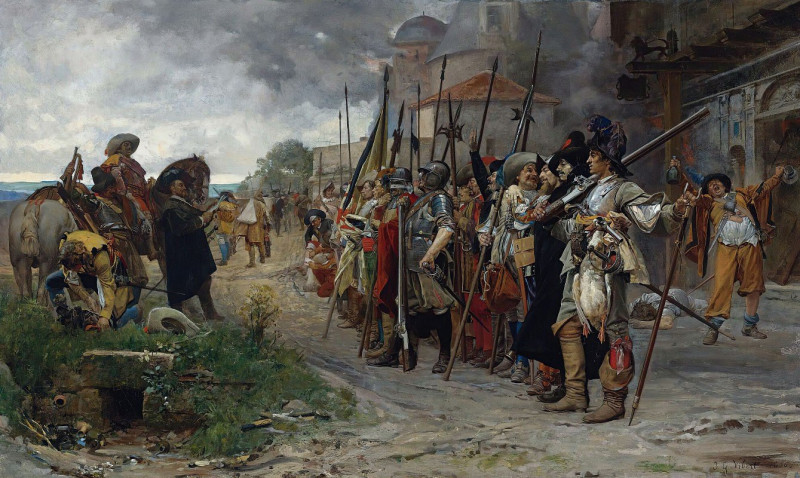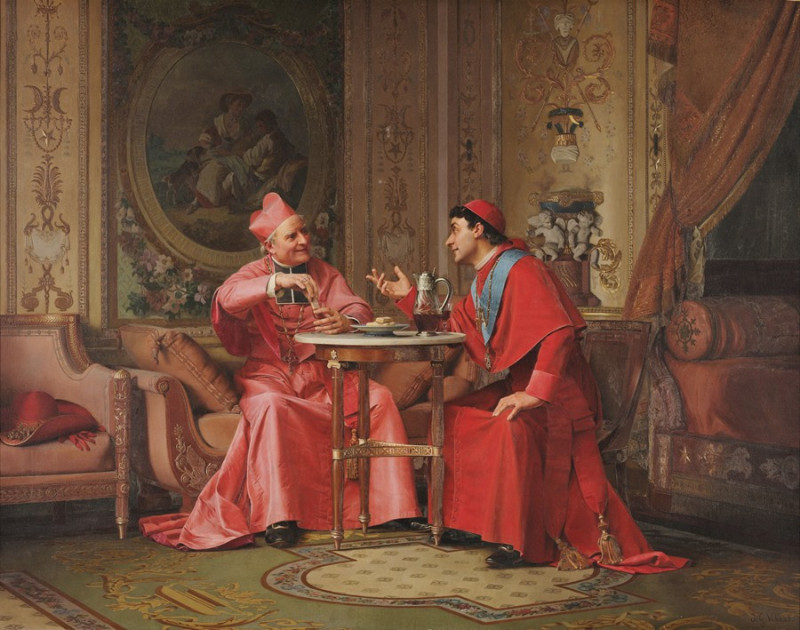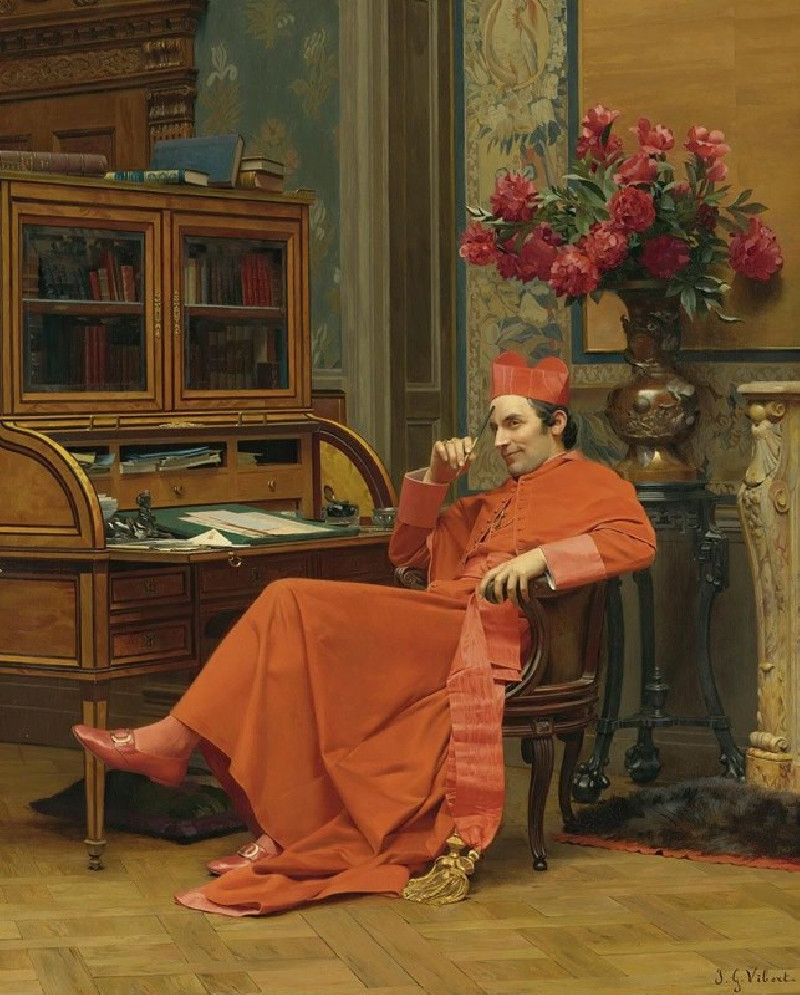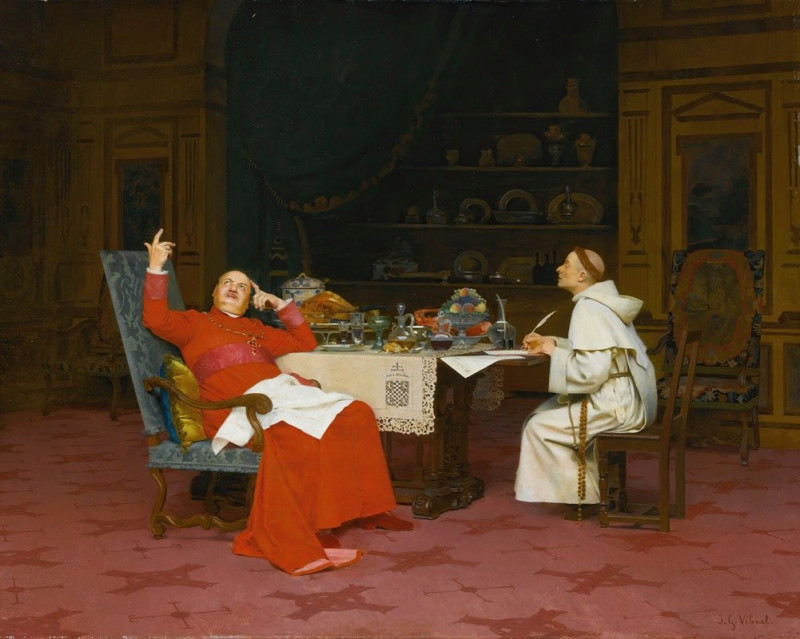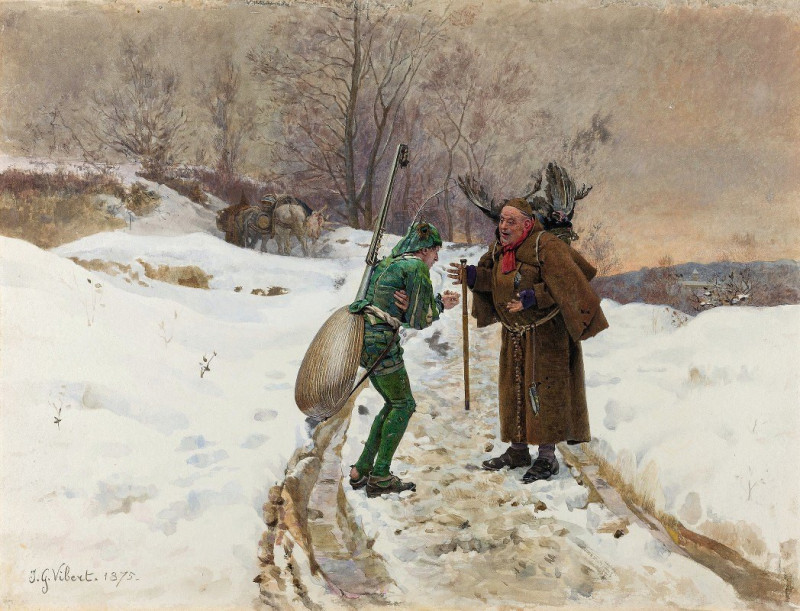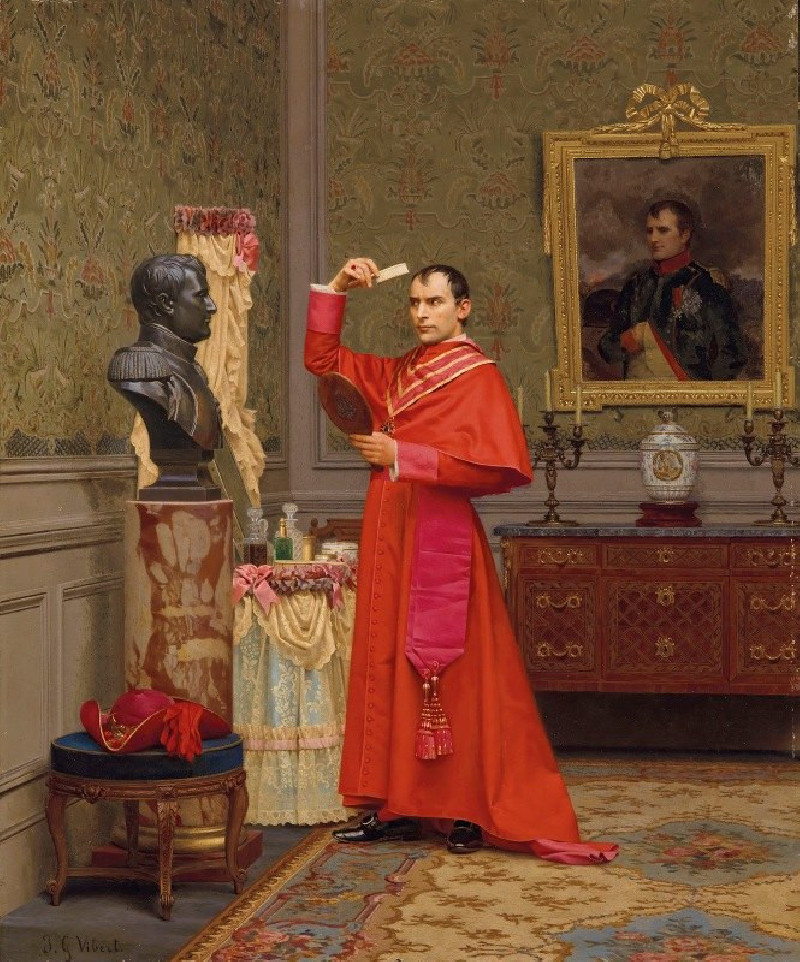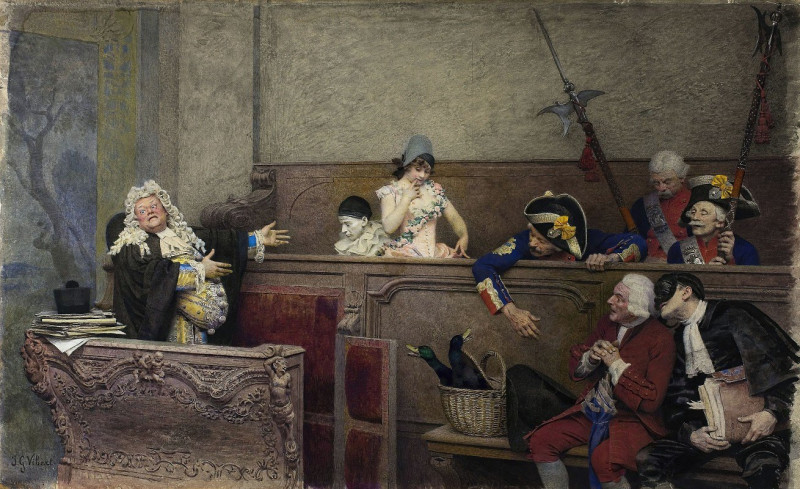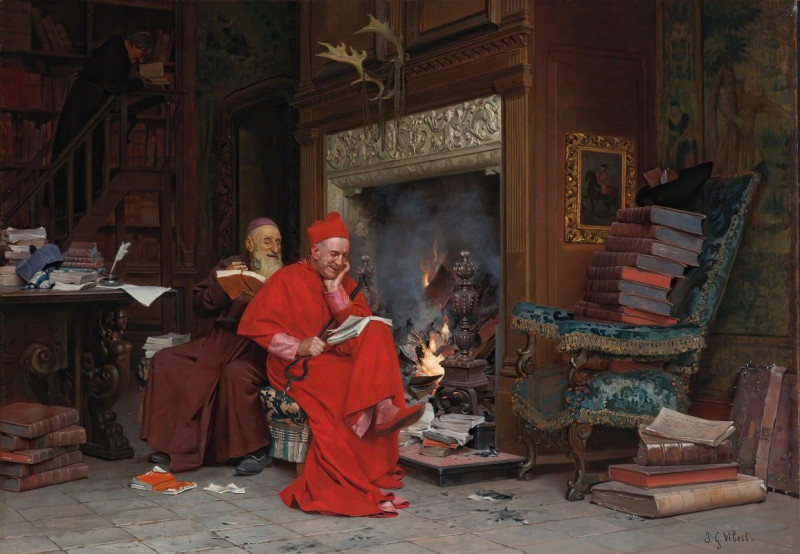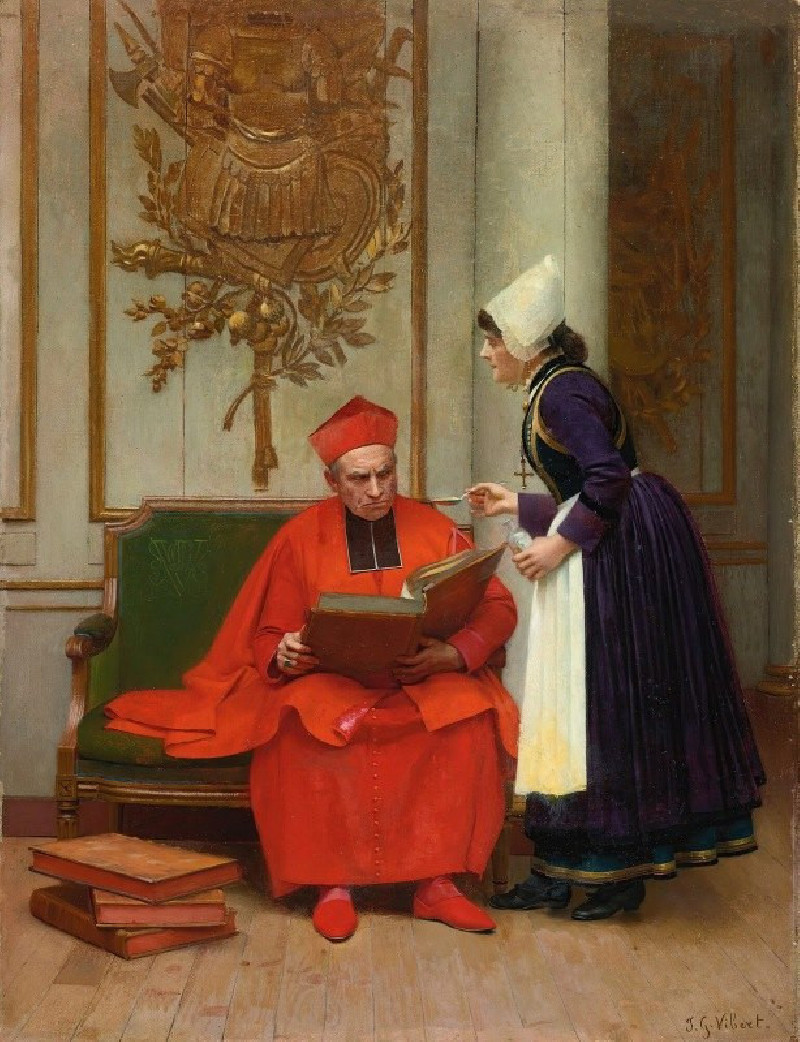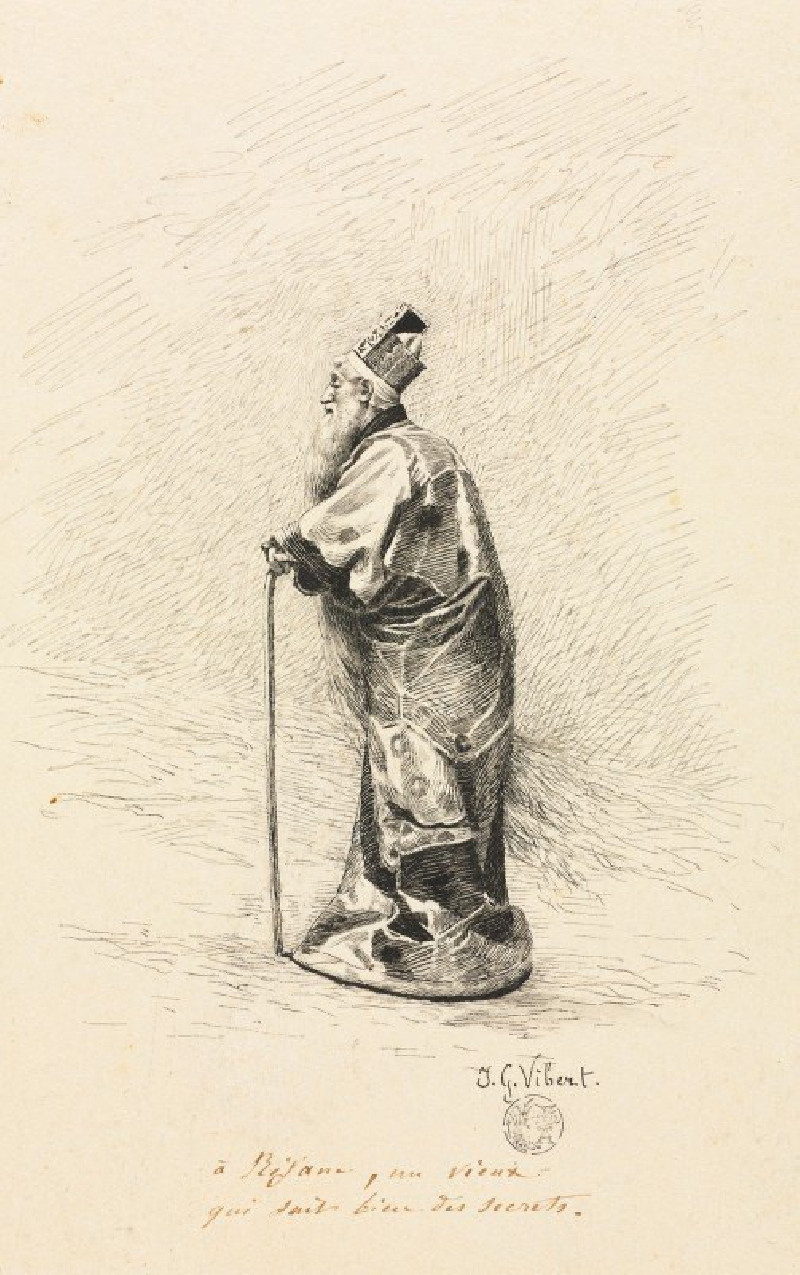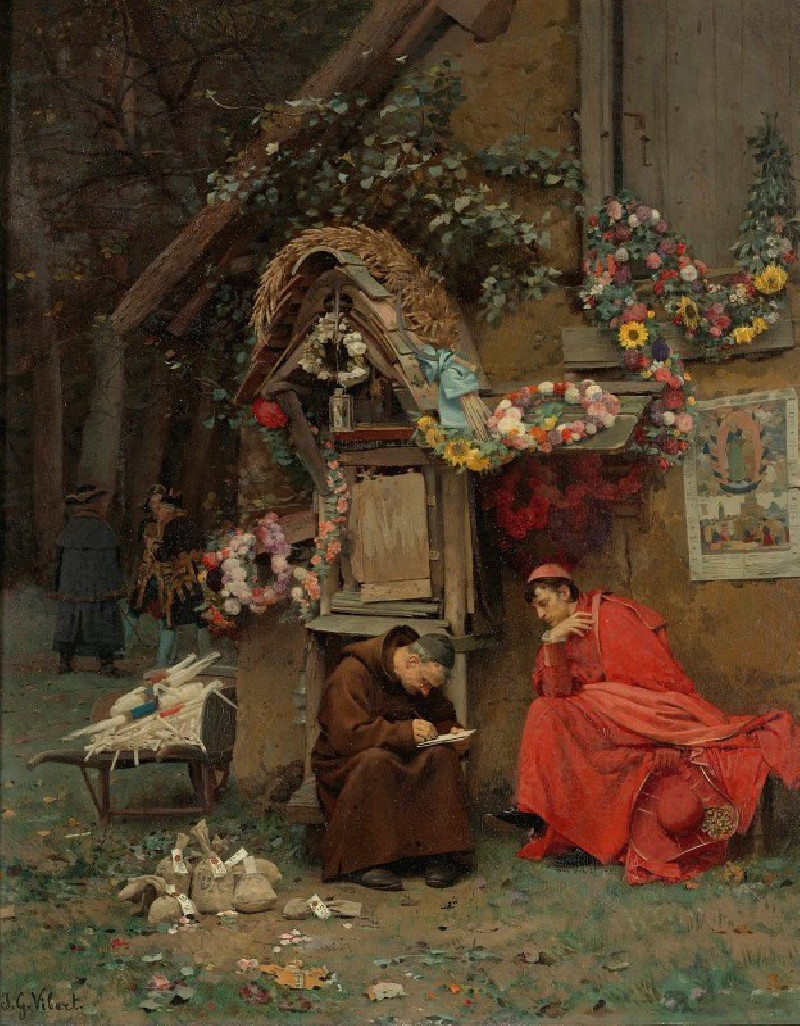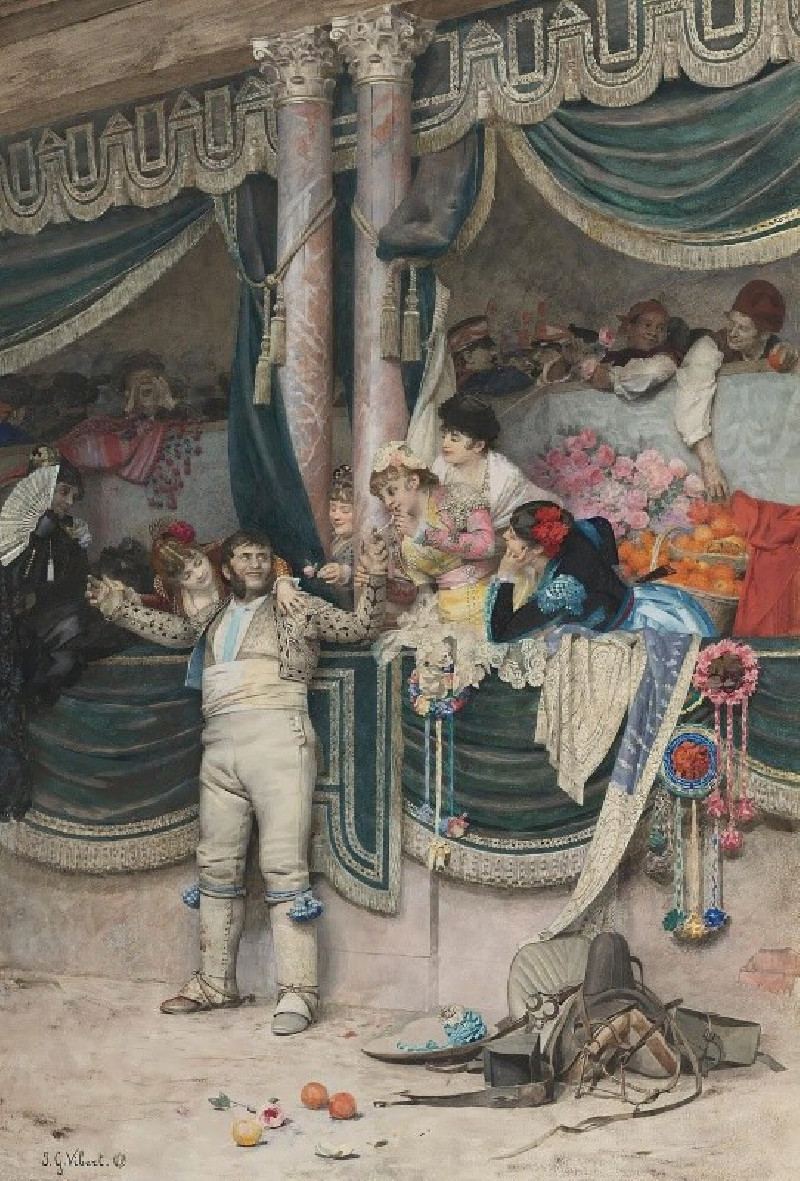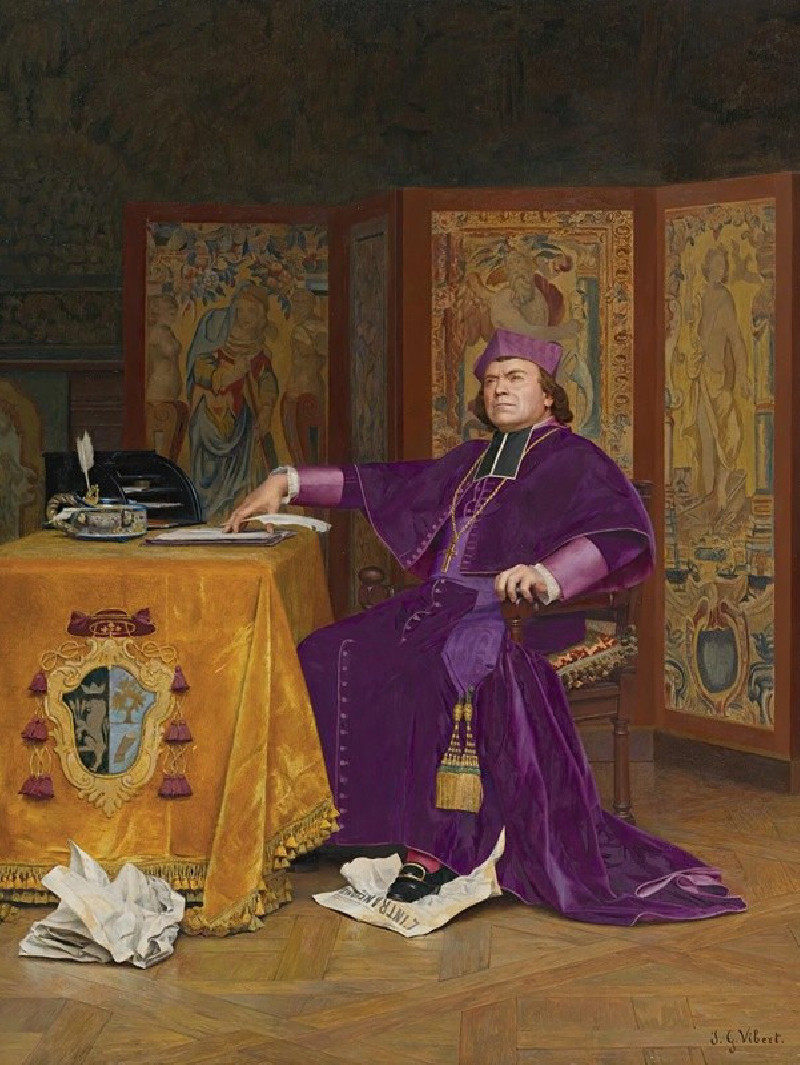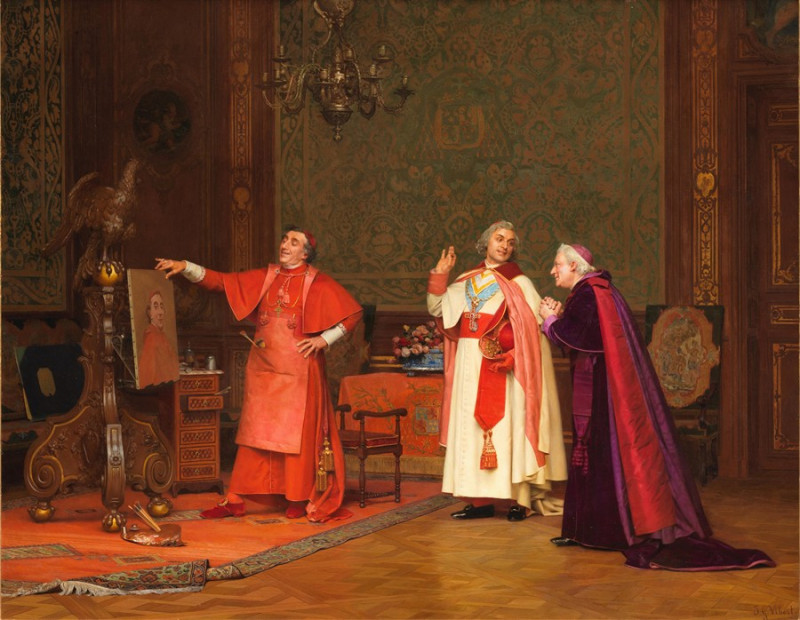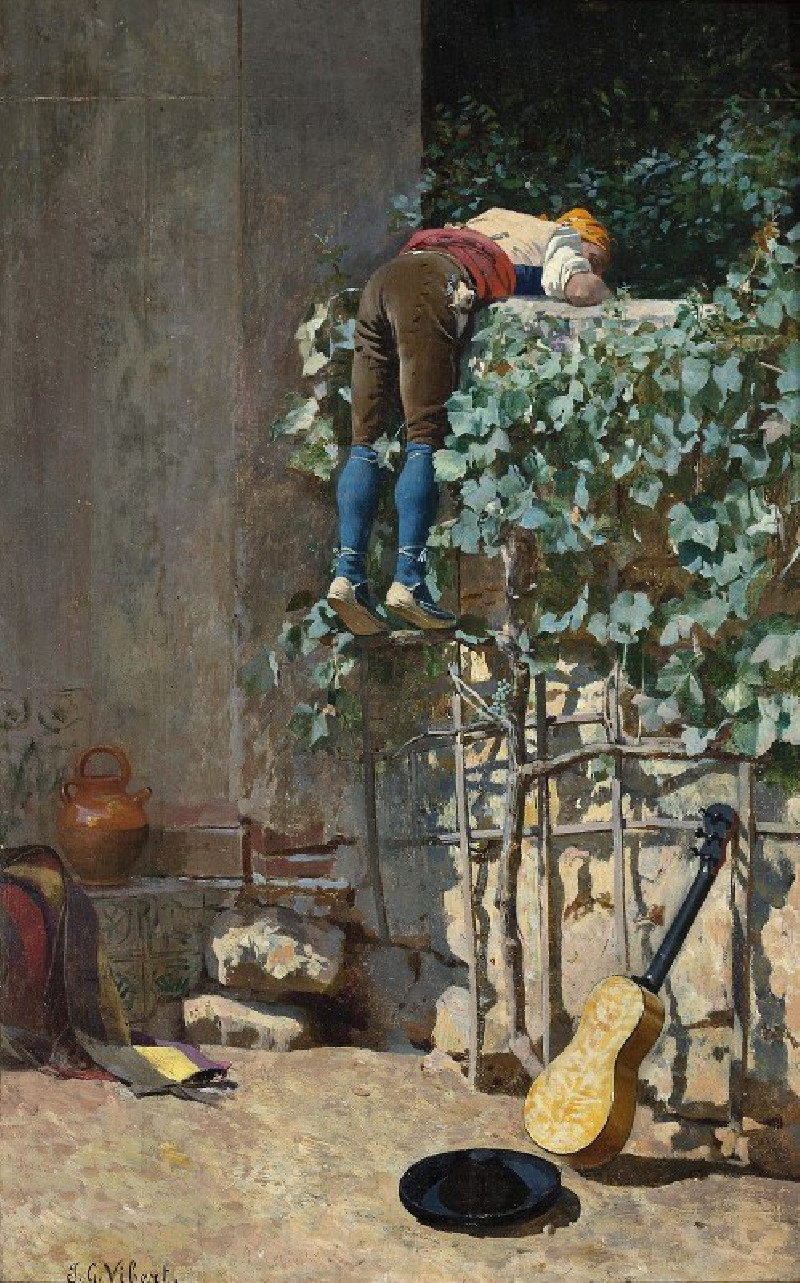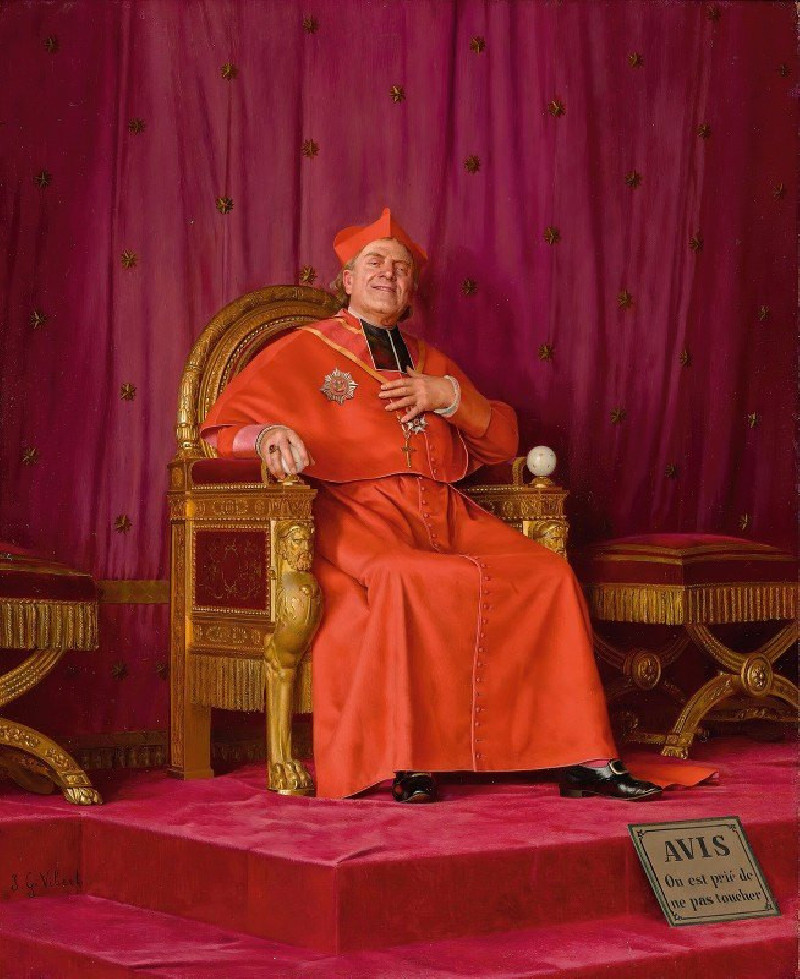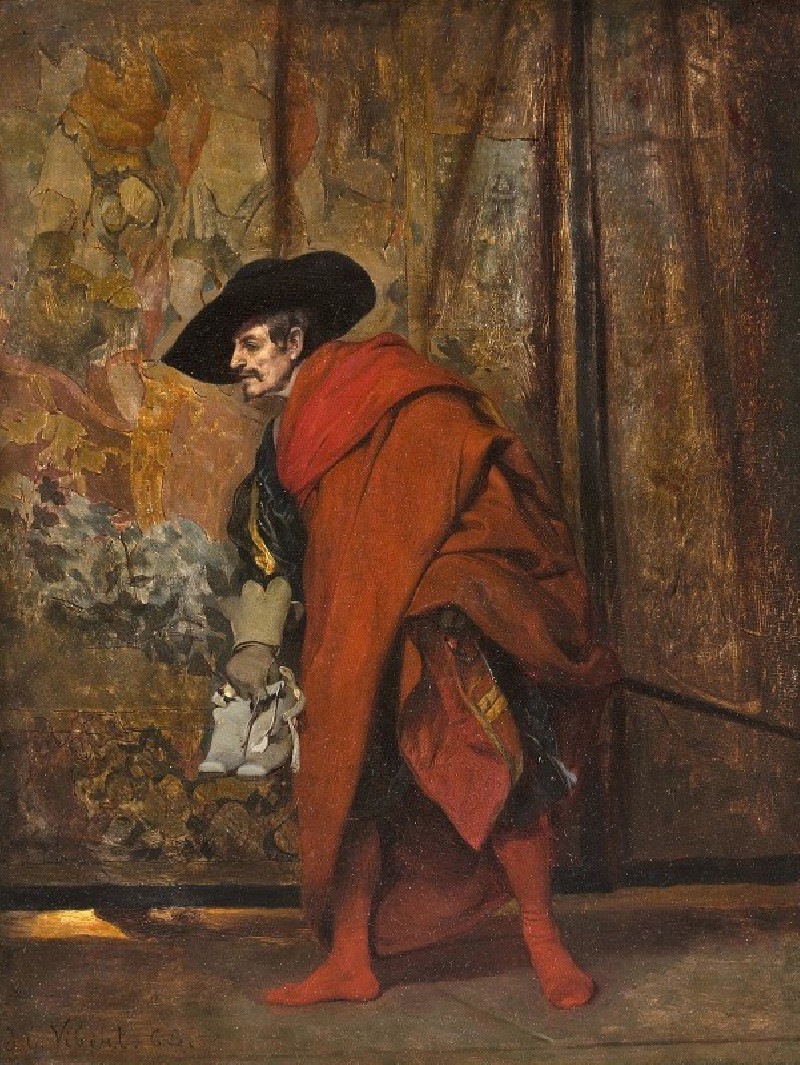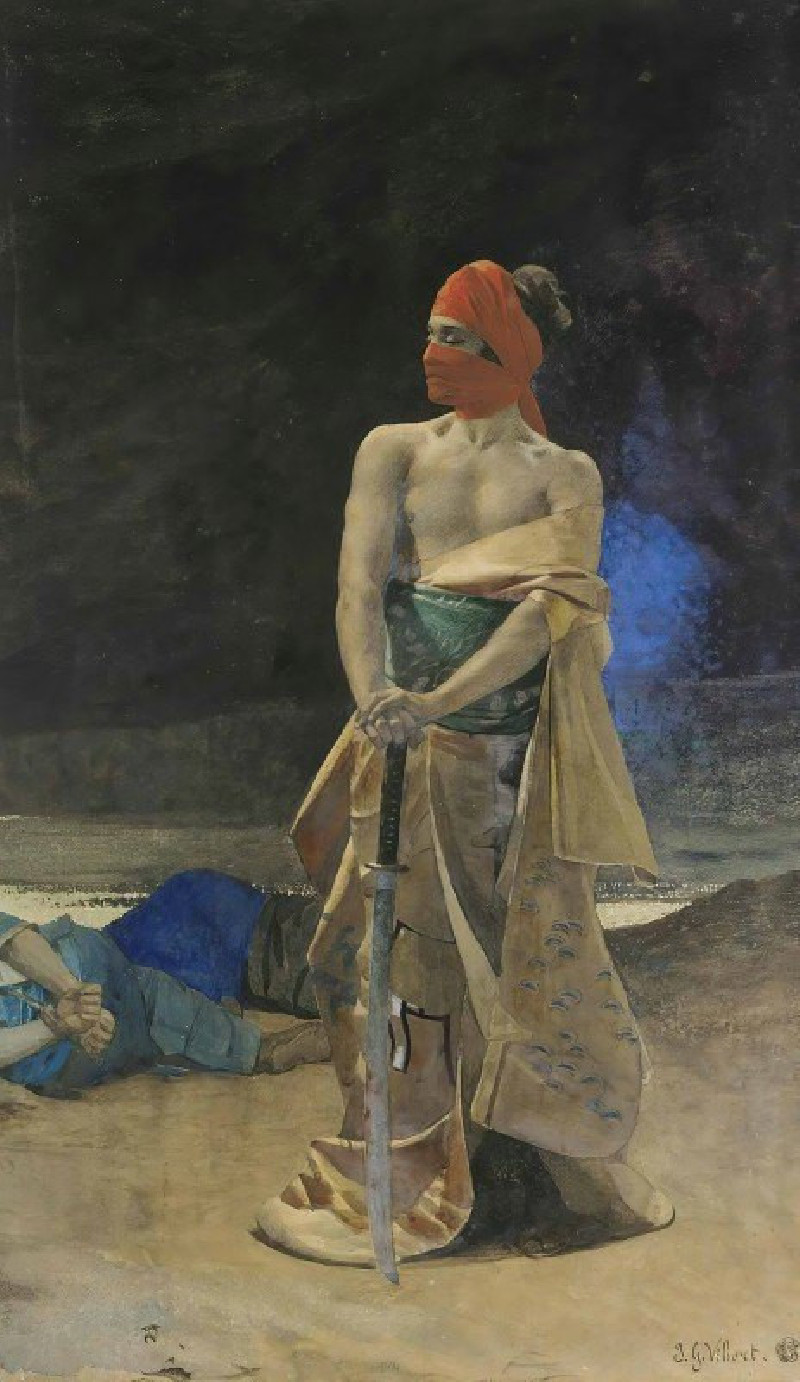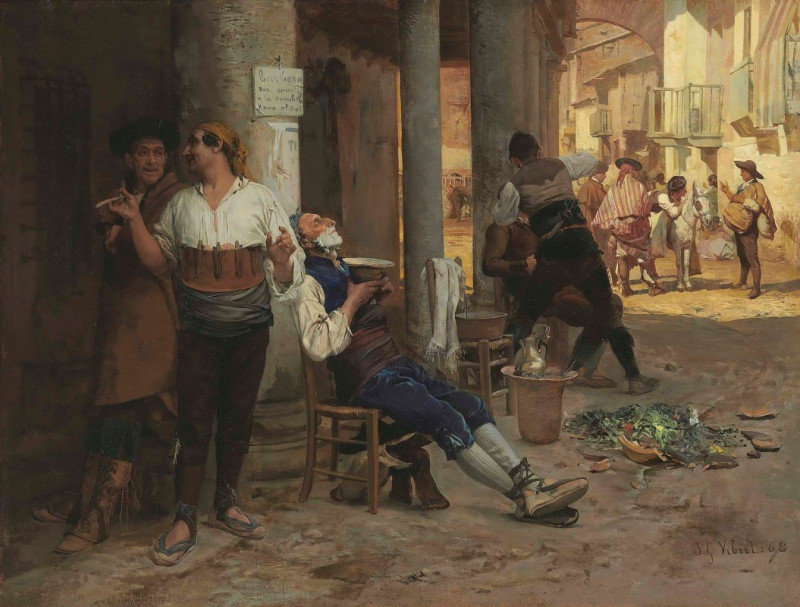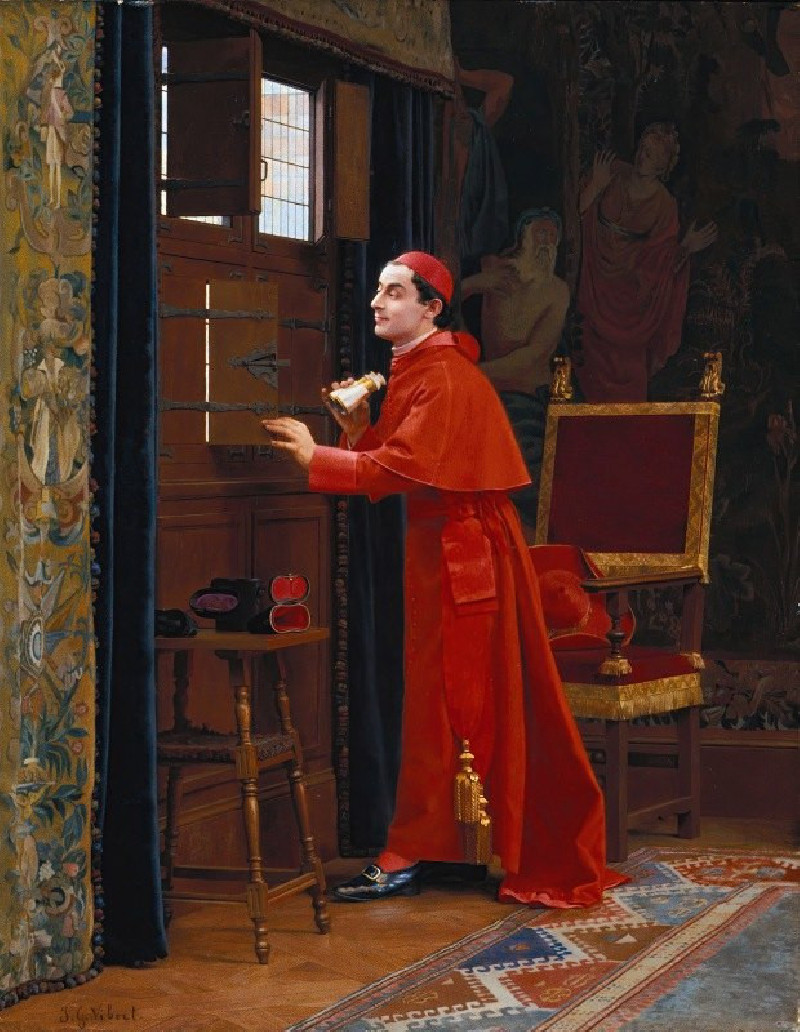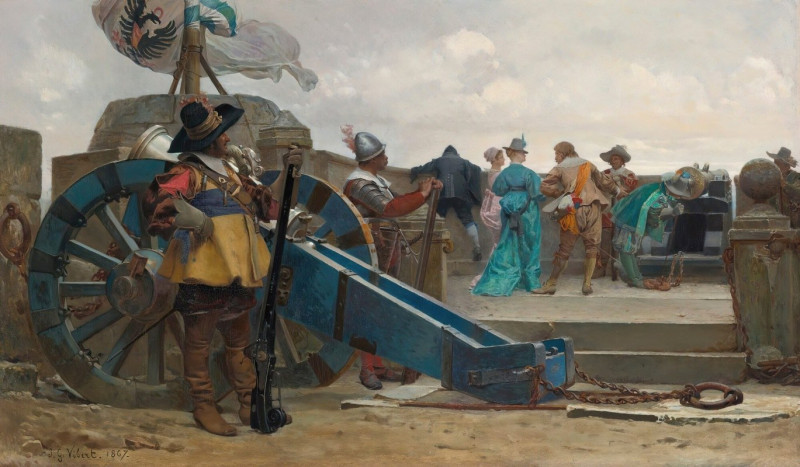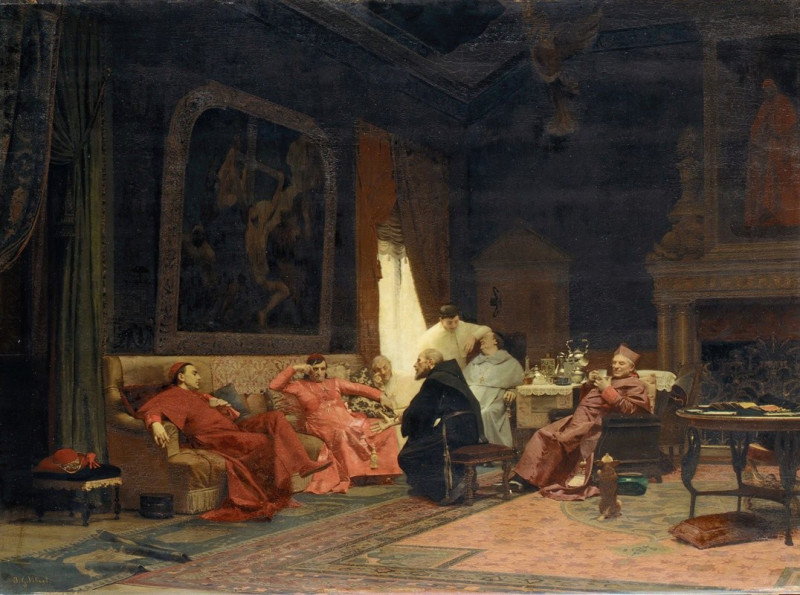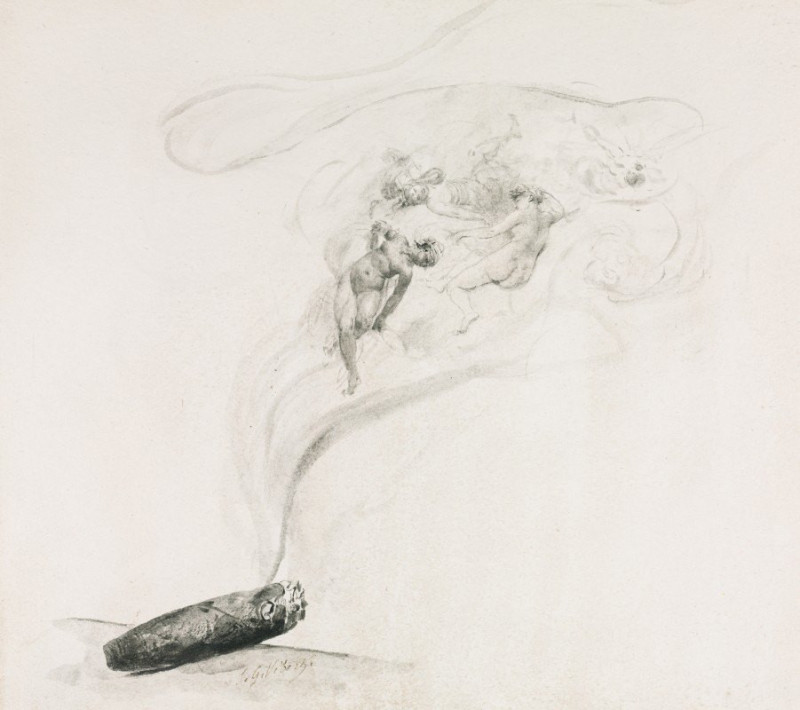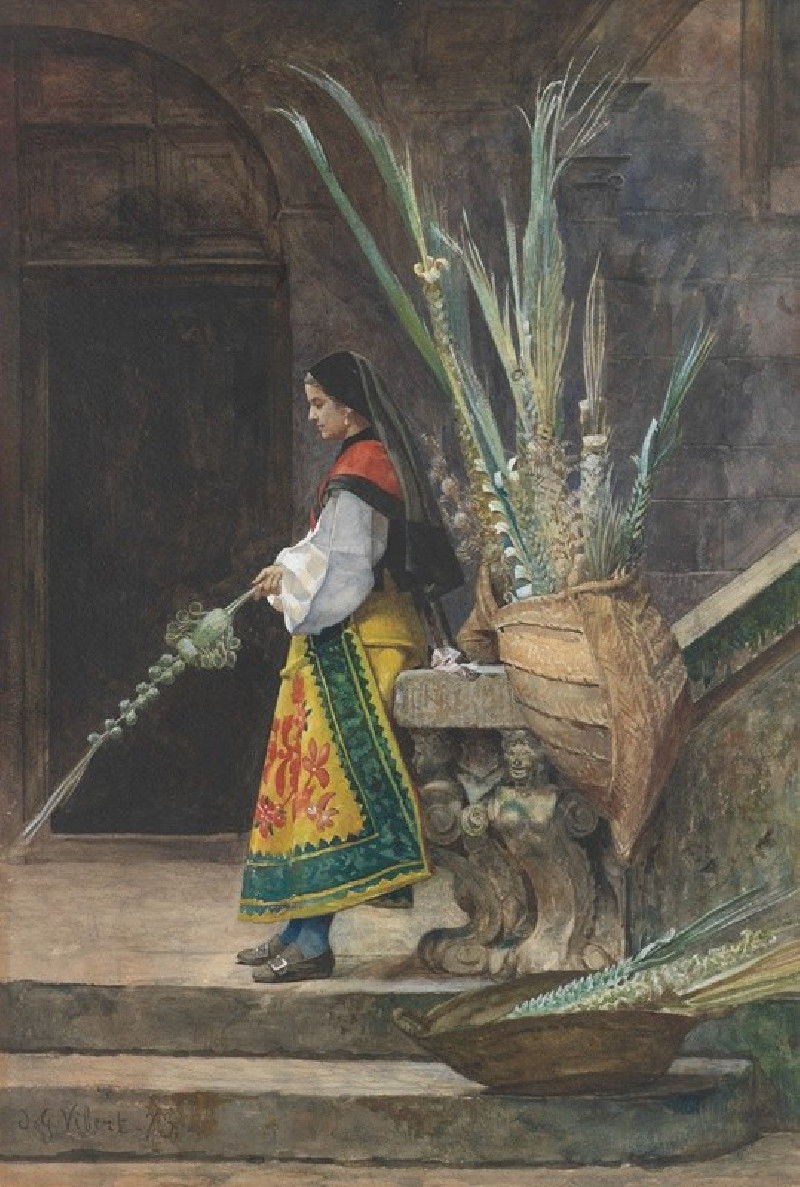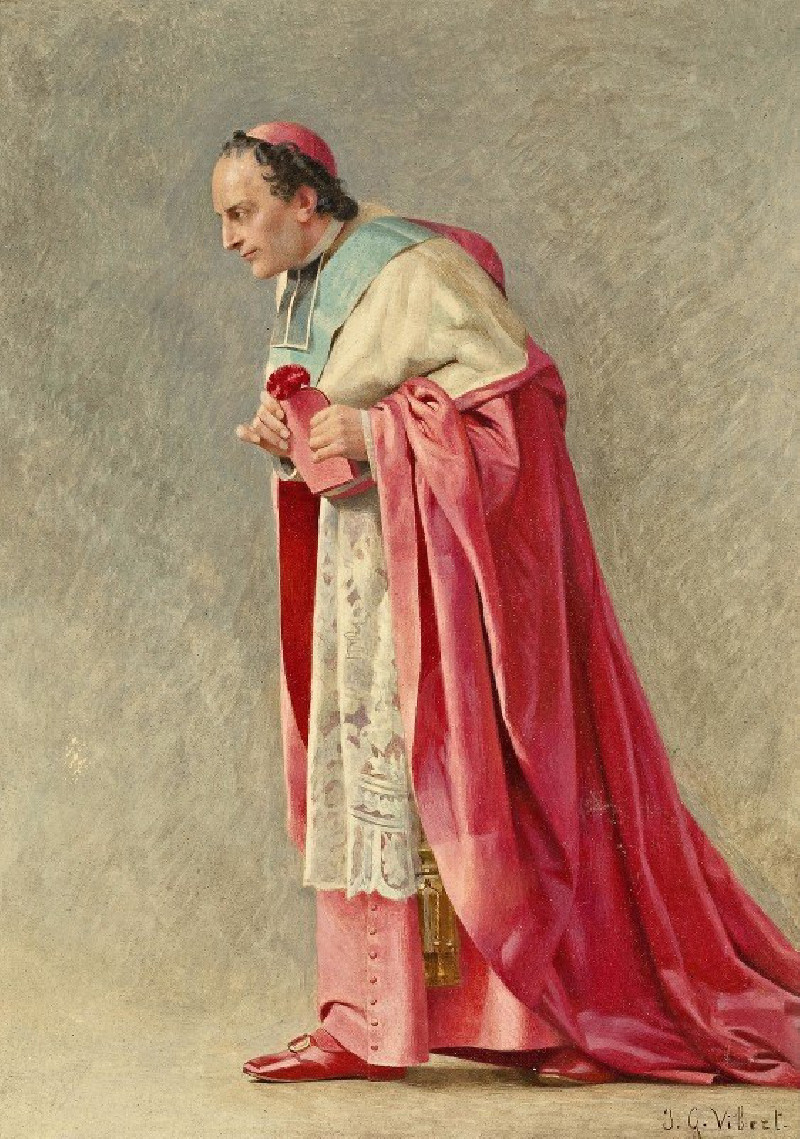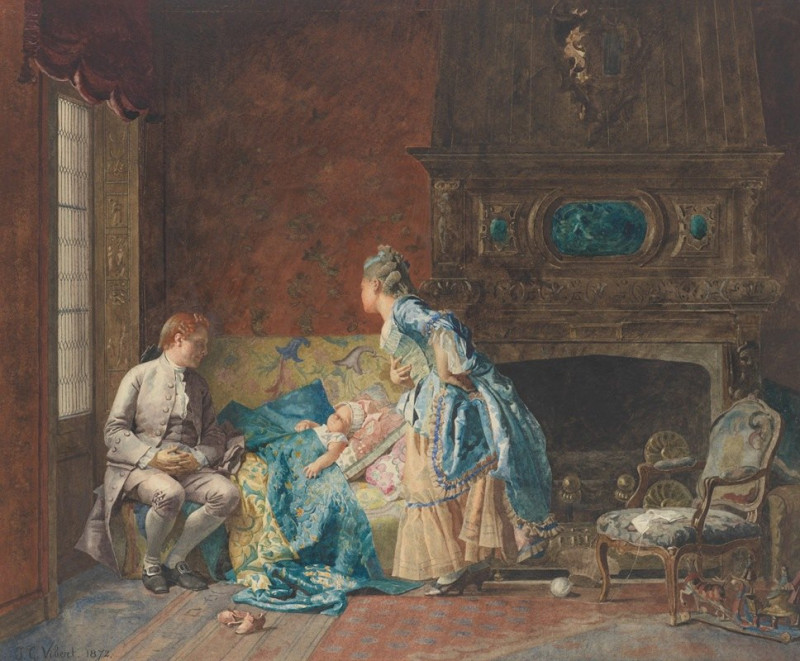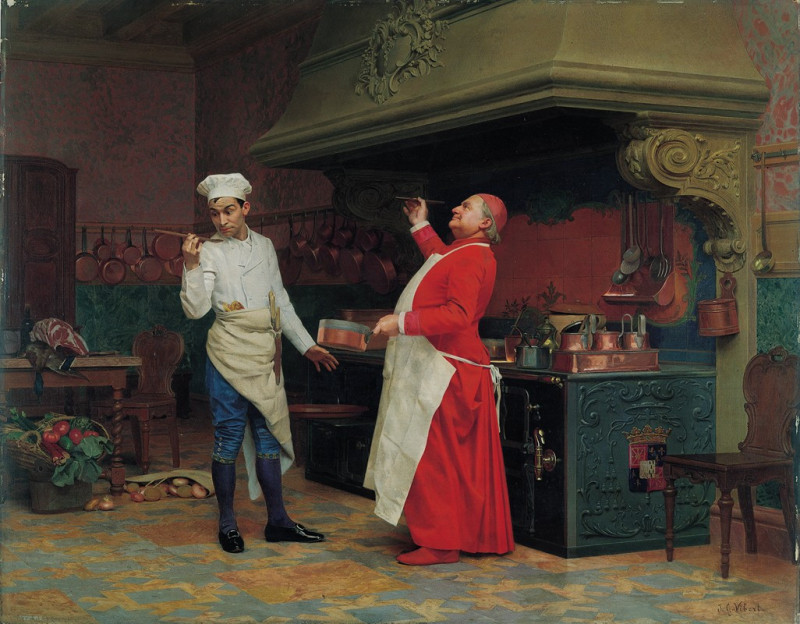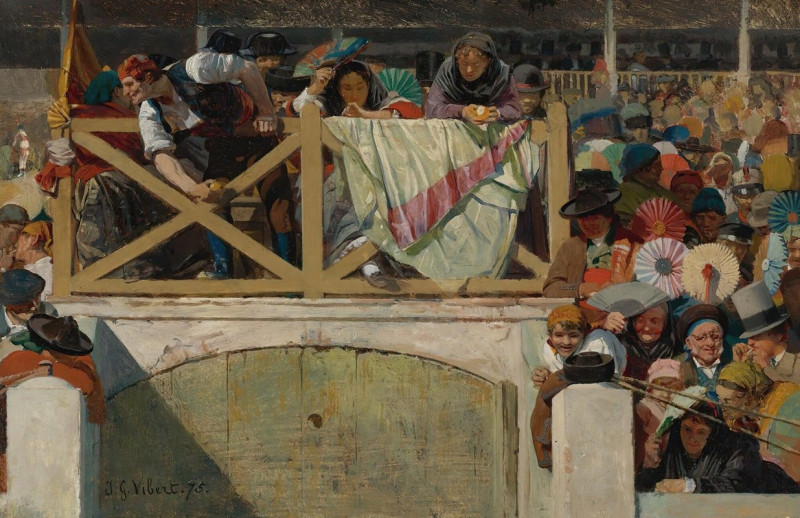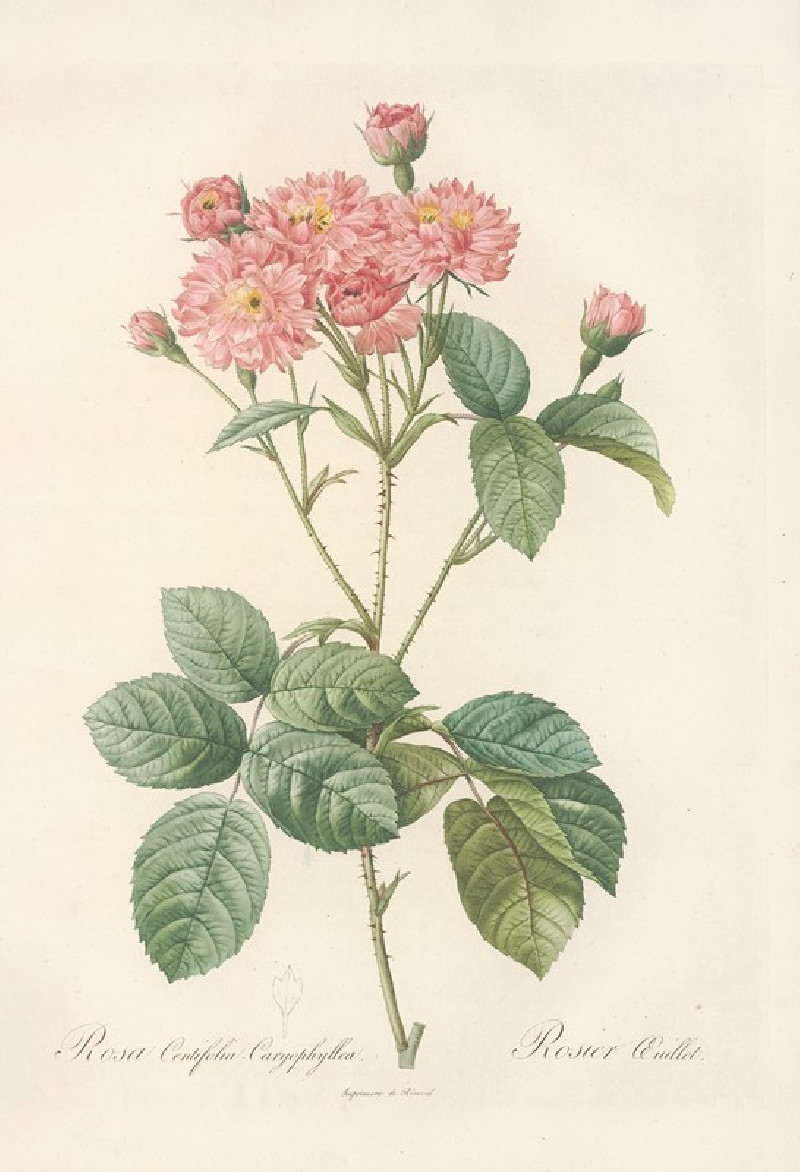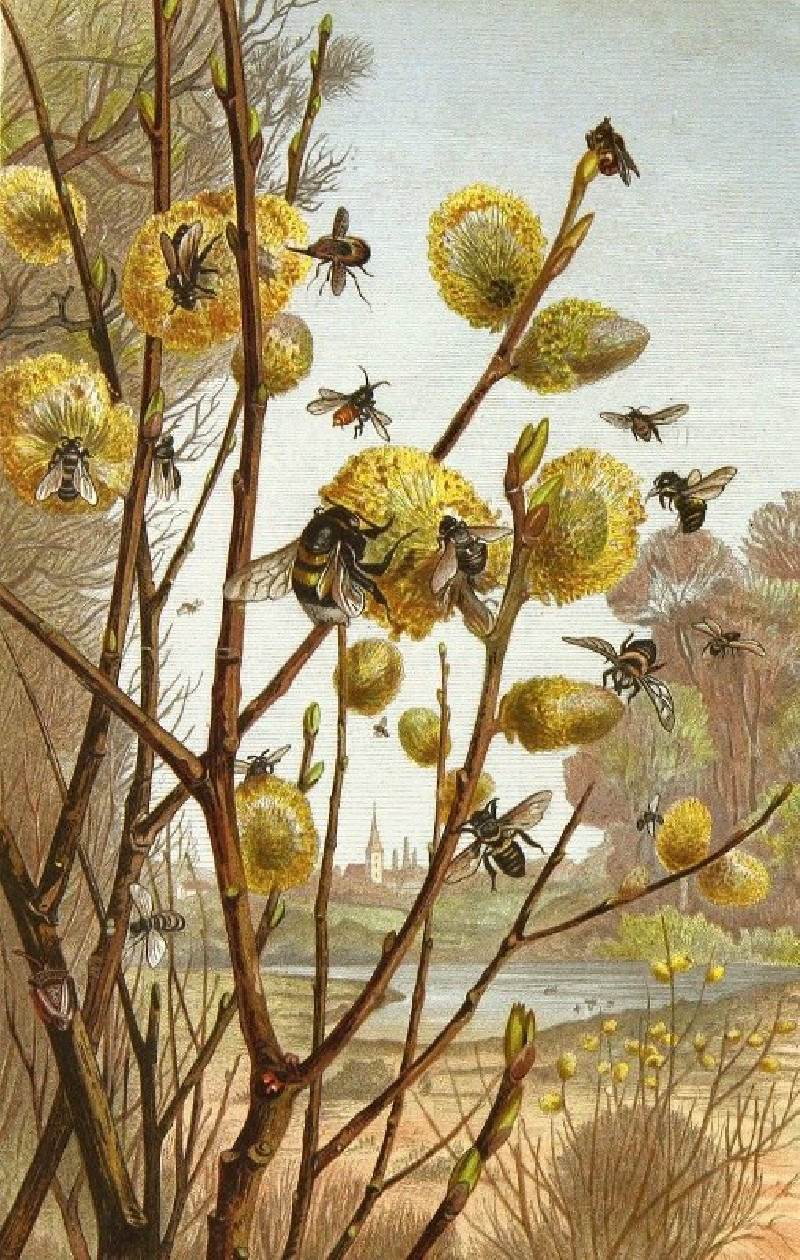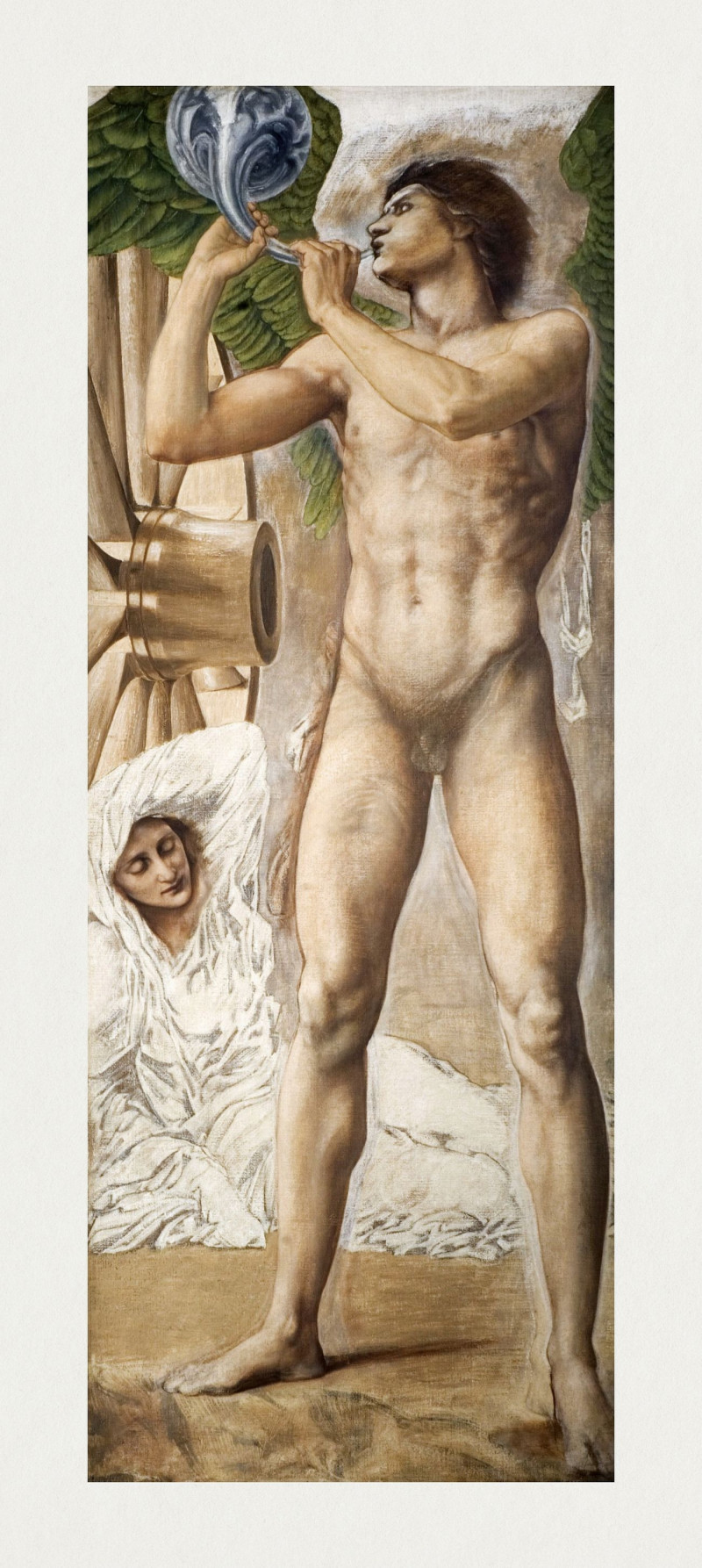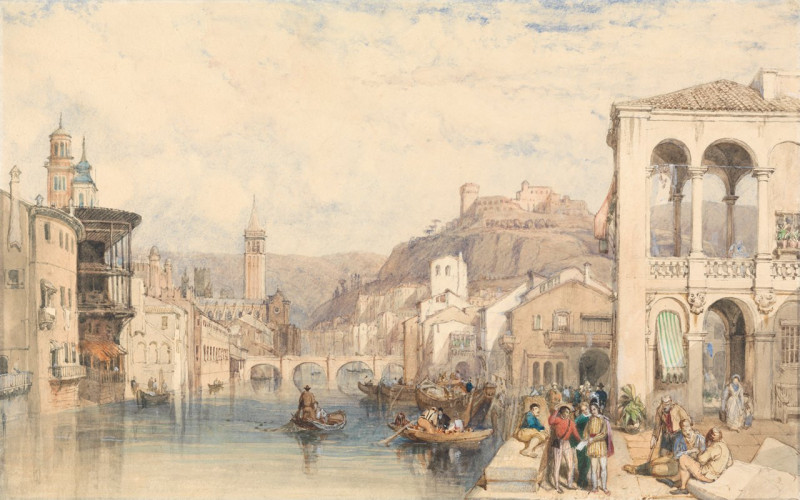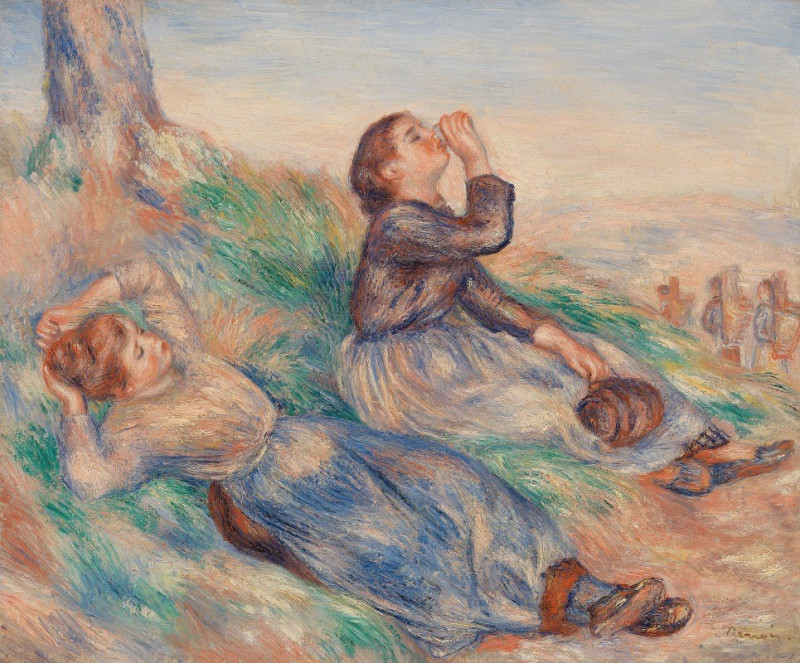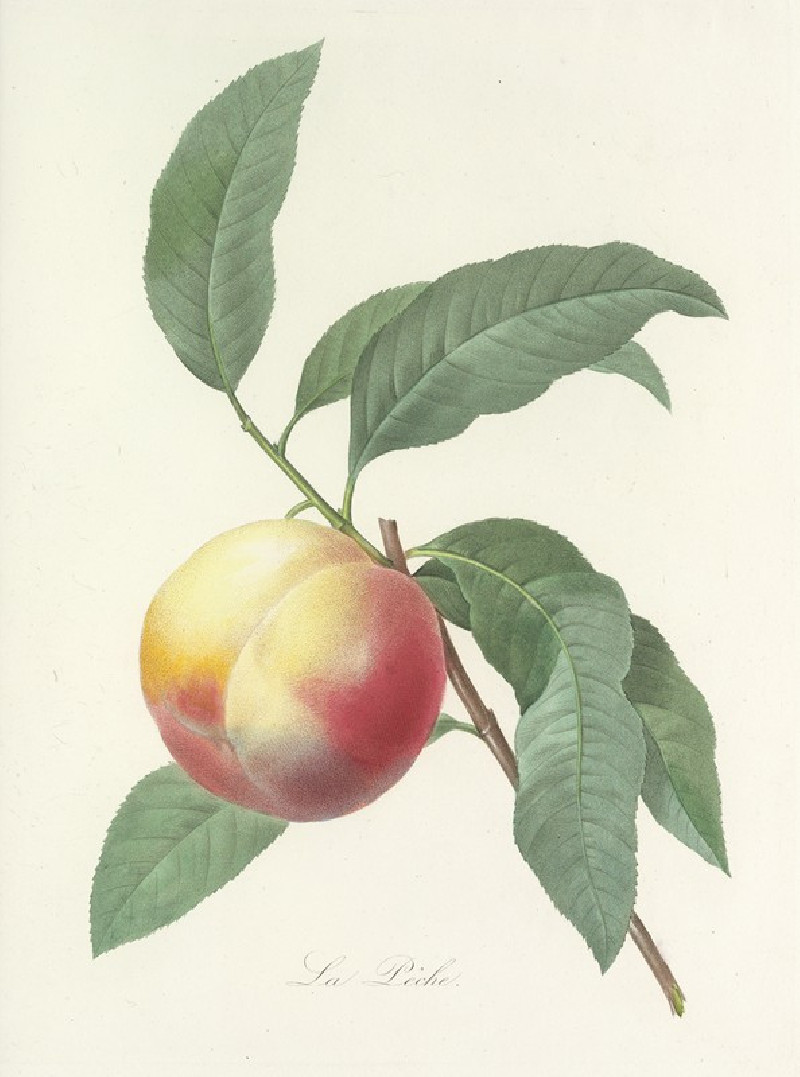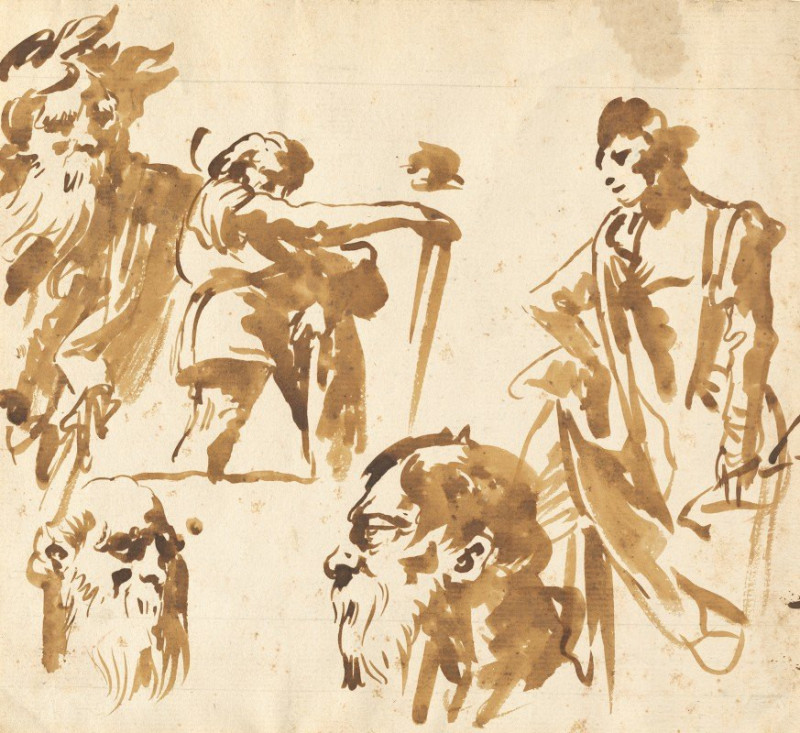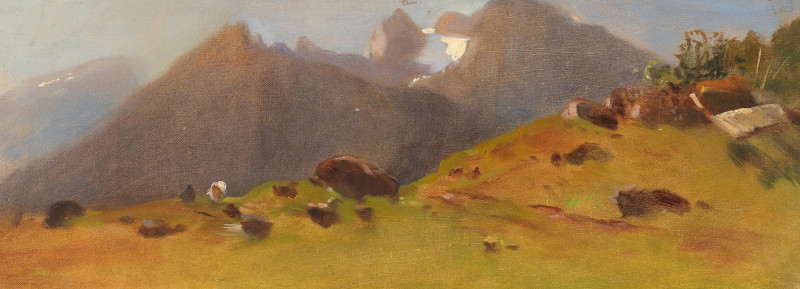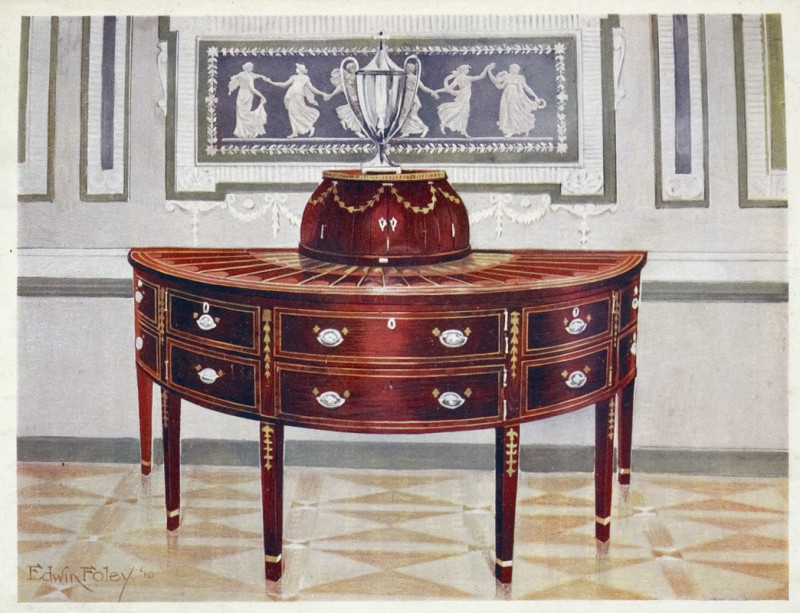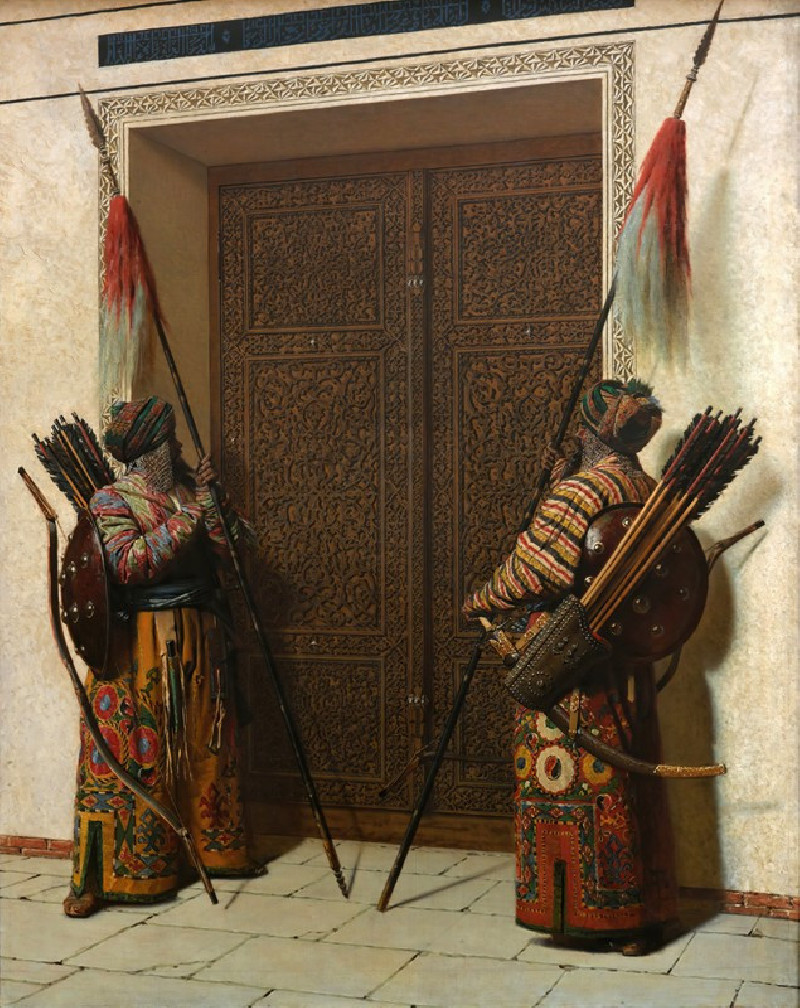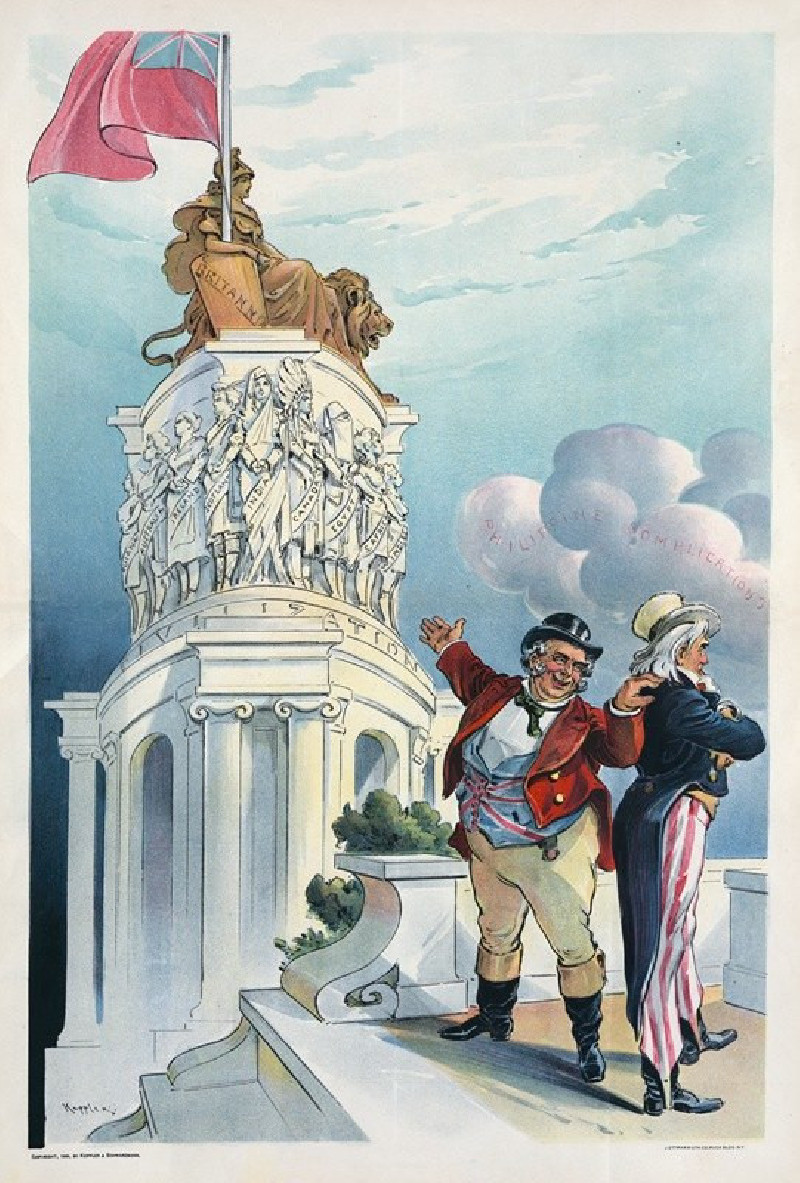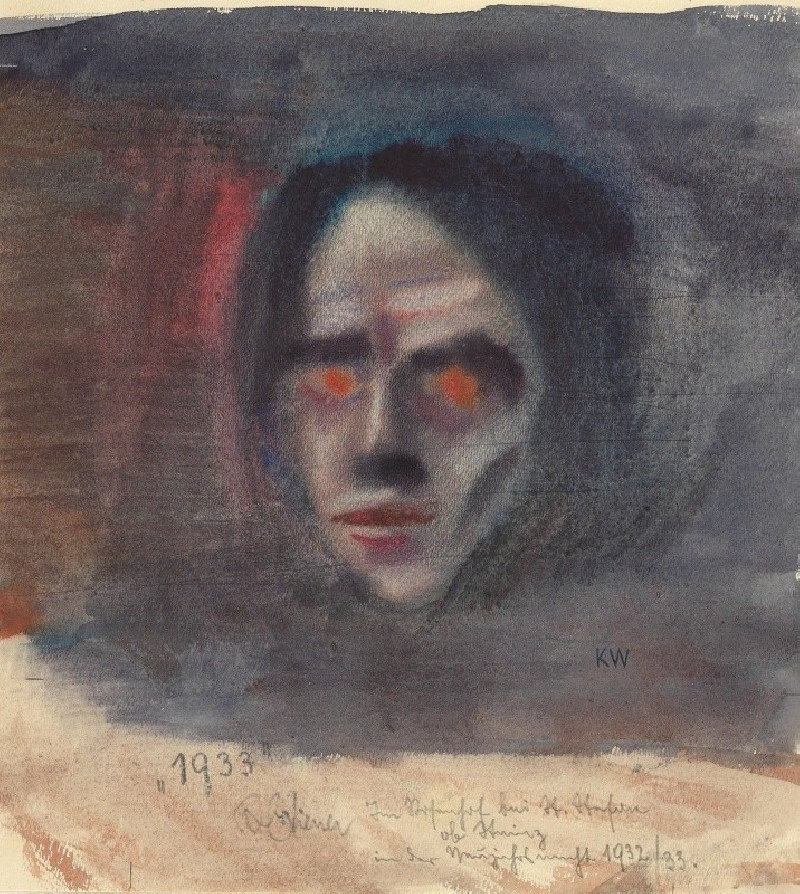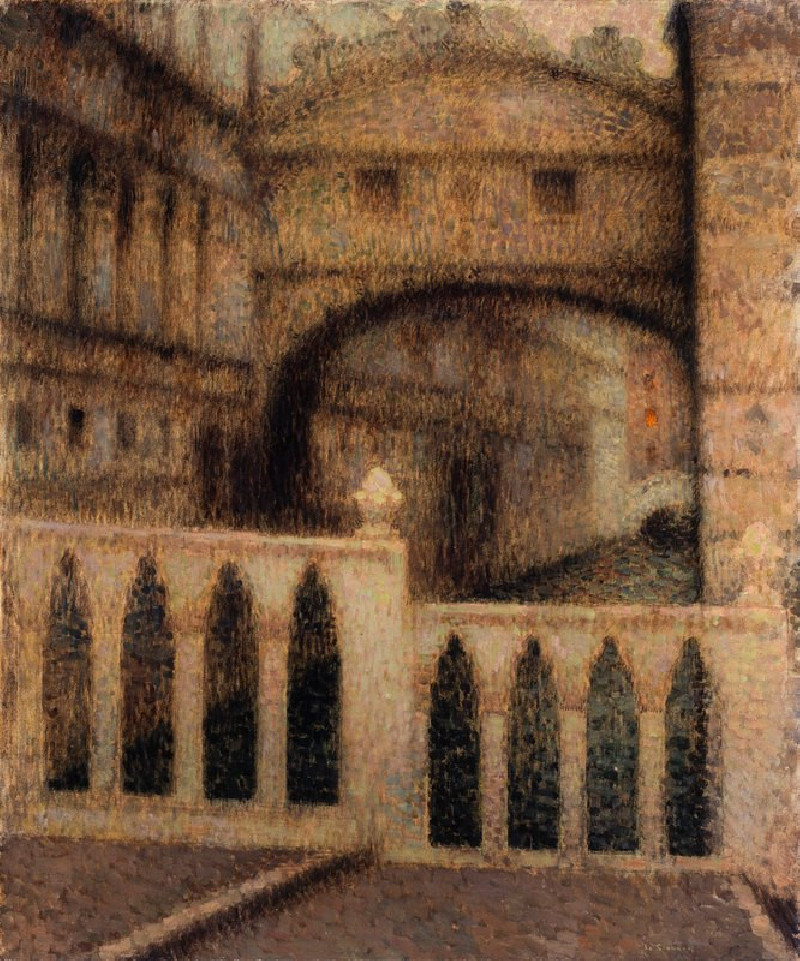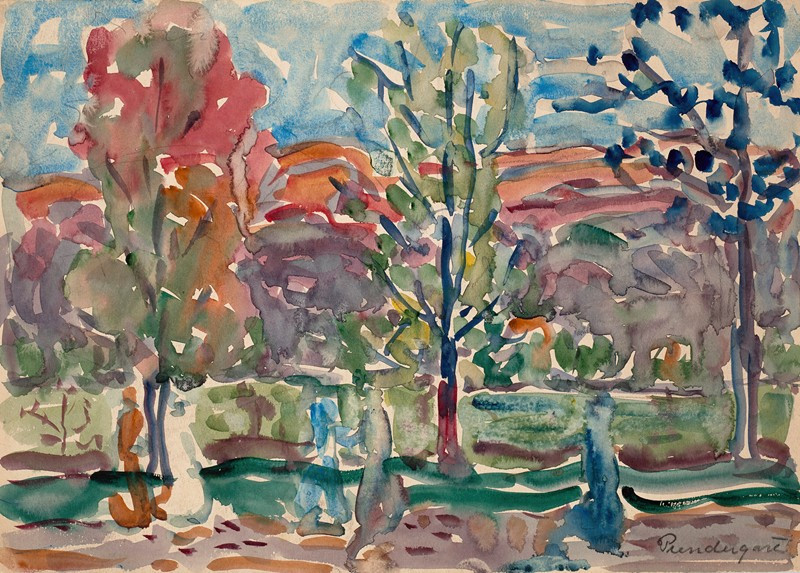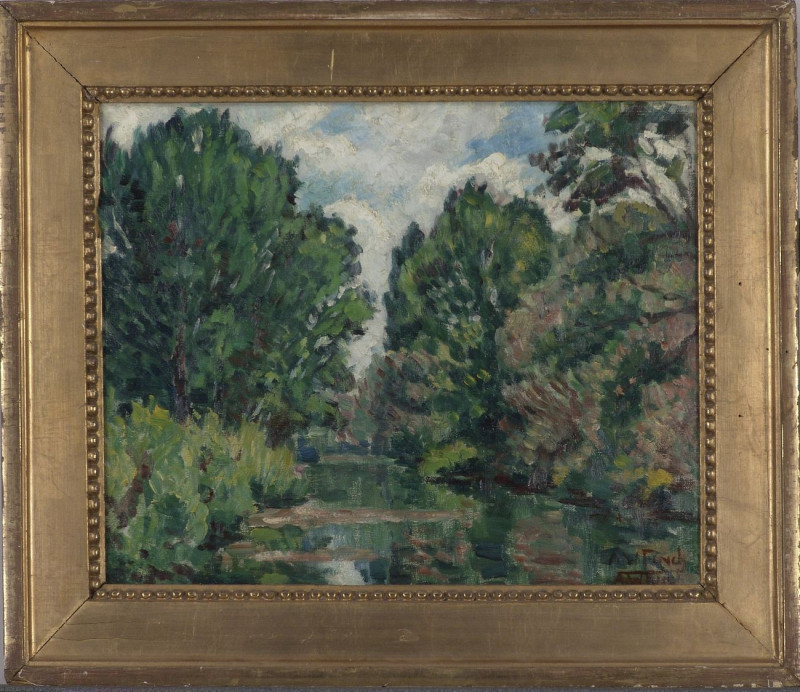Roll-Call After The Pillage (L’appel Aprés Le Pillage) (1866)
Technique: Giclée quality print
Recommended by our customers
More about this artwork
"Roll-Call After The Pillage" (L’appel Aprés Le Pillage), painted by Jehan Georges Vibert in 1866, epitomizes the meticulous narrative style characteristic of the French academic painting tradition of the 19th century. This grand composition, rich with historical detail and vivid characterization, encapsulates a dramatic moment following the aftermath of what seems to be a military pillage.Set against a backdrop of a tattered village, the painting vividly contrasts the exuberance of the soldiers with the stark desolation wrought by conflict. To the left, a group of soldiers appears in a somewhat celebratory mood, with a mounted leader, richly adorned in vibrant attire, overseeing the assembly. This colorful array of uniforms and expressions showcases Vibert's knack for infusing humor and irony into a scene that traditionally would evoke solemnity.The central group of soldiers, armed and in various armors and uniforms, stands in the middle ground performing a roll call. Each character's face tells its own story, from weary resignation to dutiful compliance. The inclusion of diverse facial expressions and small, personal conflicts adds depth to the narrative, making the scene more relatable and poignant.To the far right, a spirited young soldier, possibly a drummer given the sticks in his hand, gestures animatedly as if recounting a tale from the pillage, capturing the attention of his neighboring comrades. This interaction not only breathes life into the canvas but also underscores the camaraderie and varied human emotions that persist even amidst turmoil.Foreground details, like the litter and debris around a well, subtly comment on the devastation of war and the disruption of everyday life.
Delivery
Returns
Jehan Georges Vibert or Jean Georges Vibert was a French academic painter.
He was born in Paris, the son of engraver and publisher Théodore Vibert, and grandson of the influential rose-breeder Jean-Pierre Vibert. He began his artistic training at a young age under the instruction of his maternal grandfather, engraver Jean-Pierre-Marie Jazet. Vibert was more interested in painting than engraving and entered the studio of Félix-Joseph Barrias and eventually the École des Beaux-Arts when he was sixteen. He remained at the École for six years under the instruction of historic painter François-Edouard Picot.

